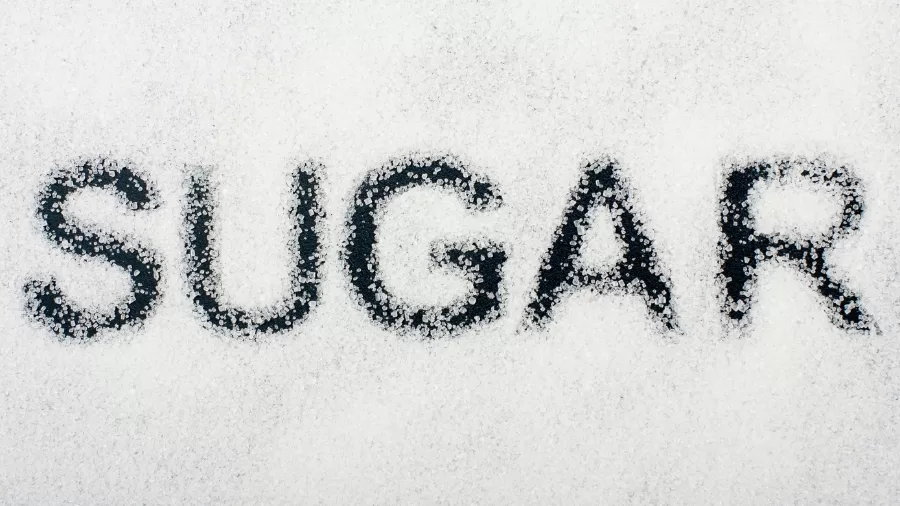Health
Why Zero Sugar Could Be Riskier Than You Think

- A Swedish study discovered that excessive use of sugary drinks is closely associated to an elevated risk of cardiovascular disease, although occasional sweet indulgences may be helpful.
- Extremely low sugar consumption may indicate restrictive diets or health issues, both of which are related with increased cardiovascular risk.
- Although the study emphasises the importance of sugar sources and cultural environment, its observational nature prevents it from establishing causation.
The occasional slice of cake, cookie, or nibble of chocolate isn’t the end of the world. However, current study reveals that sugary beverages should be avoided.
The Study: Tracking Sugar and Heart Health
Last week, a report titled “Added sugar intake and its associations with incidence of seven different cardiovascular diseases” was published in the journal Frontiers in Public Health. The study included 69,705 Swedish men and women, whose diet and lifestyle habits were monitored from 1997 to 2009. Researchers concentrated on three types of sugar: sugar toppings like honey, sweets like pastries, and sweetened beverages like soda. They also tracked the incidences of seven various cardiovascular disorders, including strokes and heart attacks, to determine “the associations between intake of added sugar and various sugar-sweetened foods and beverages and risk of seven cardiovascular diseases,” as per the study’s description. The results were rather shocking.
Sweetened Beverages Are the Worst Offender
The study confirmed an overall association between added sugar consumption and cardiovascular disease. However, the effect differed depending on the source of the sugar. Who is the worst culprit? Sweetened beverages may have added sugar.
“There were statistically significant linear associations between total added sugar intake and ischemic stroke and abdominal aortic aneurysm,” the researchers stated. “High intake of sweetened beverages was associated with higher risk for most of the studied outcomes, for which positive linear associations were found.”
What? No sweets at all? That’s risky Too
Surprisingly, the opposing extreme wasn’t any better. The study indicated that. “a low intake of treats was associated with a higher risk of all the studied outcomes.” This suggests that persons who avoided sweets completely had the highest risk of cardiovascular disease, but those who indulged sometimes had better results.
The Origin and Context of Sugar Matter
“The most striking finding from our study is the divergent relationship between different sources of added sugar and cardiovascular disease risk,” The study’s lead author, Suzanne Janzi, is a PhD candidate at Lund University. “This surprising contrast highlights the importance of considering not just the amount of sugar consumed, but its source and context.”
The researchers noted that sugary drinks, such as fizzy drinks, do not fill us up as quickly as solid foods, which might contribute to overconsumption. “Context also matters — treats are often enjoyed in social settings or special occasions, while sweetened beverages might be consumed more regularly,” Janzi said.
Why Low-Sugar Diets May Pose Risks
But what about people who eat very little sugar? Why do they appear to face greater risks?
“This might reflect underlying dietary behaviours — individuals consuming very little sugar might have very restrictive diets or might be limiting sugar due to pre-existing health conditions,” Janzi explained.
A Word of Caution: Observational, Not Causal
However, Janzi underlined a crucial point. This study is observational and uses self-reported data, which is not necessarily trustworthy. The findings indicate patterns, although they do not “establish causation.” Still, the results suggest that “extremely low sugar intake may not be necessary or beneficial for cardiovascular health.”
Swedish Habits May Skew Results
Janzi also stated that this study is only a beginning point. “Our findings are based on a Swedish population, which may have dietary habits and lifestyle factors that differ from those in other populations,” she said. “Particularly relevant in this context is the social custom of ‘fika’ — regular coffee and pastry breaks that are deeply embedded in Swedish culture. These results may not directly translate to other populations with different dietary cultures.”
Takeaway: Everything in Moderation
However, if you’ve been looking for an excuse to meet up with buddies over coffee and a biscuit, this could be it. Just bear in mind that the American Heart Association recommends limiting added sugar intake to six to nine teaspoons daily.


















































